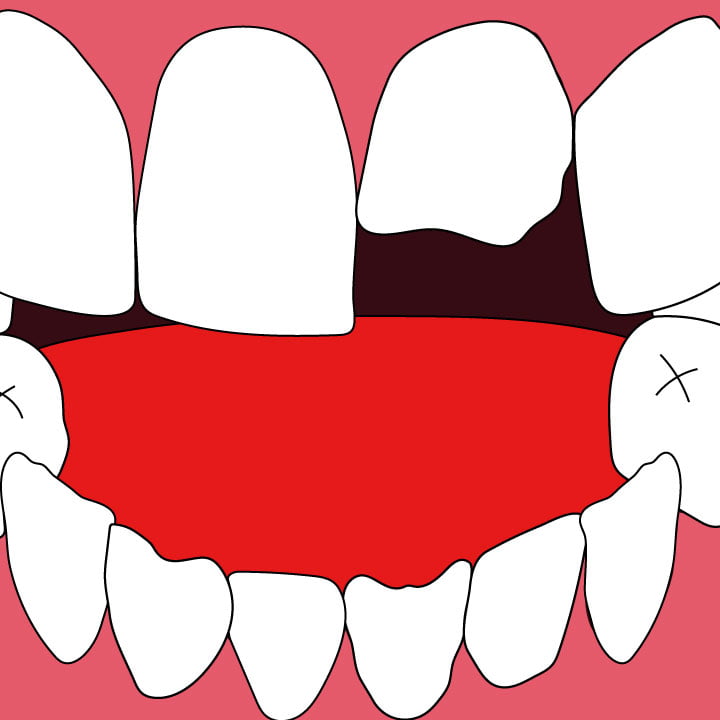The British Dental Journal recently found that poor oral hygiene may be linked to more severe cases of COVID-19 because of the harmful bacteria found in mouths that have not been properly taken care of.
While the mouth has always been known as a gateway to the rest of the body, giving it the ability to cause problems in other areas, it is now found that poor oral hygiene can cause respiratory infections, making COVID-19 stronger.
The good news is that the best defense, in this scenario, is to follow good oral practices, like flossing, brushing and using mouthwash.
COVID-19 continues to be deadly, but there does appear to be some sort of link in more than half of fatal cases.
According to the British Dental Journal, “More than 80% of COVID-19 patients in ICUs exhibited an exceptionally high bacterial load, with more than 50% of deaths exhibiting bacterial superinfections.”
Even though COVID-19 is transferred virally, complications like pneumonia and acute respiratory distress might be caused by bacterial superinfection, which begins in the mouth.
The study says, “We recommend that oral hygiene be maintained, if not improved, during a SARS-CoV-2 infection in order to reduce the bacterial load in the mouth and the potential risk of a bacterial superinfection.”
Again, hygiene can be maintained by brushing, flossing and using mouthwash, but oral-care probiotics can also offer protection.
Oral-care probiotics are a specialized type of probiotic formulated to repopulate the oral cavity bacteria, which battles harmful bacteria that could lead to cavities, gingivitis and periodontal disease.
Dr. Eric Goulder, founder of the Heart and Stroke Prevention Center of Central Ohio, said he thinks heart health is also determined by oral health. His team uses ProBiora, which supports health in teeth and gums.
“We think everyone should be extra careful during the pandemic, and oral-care probiotics are a great way to help keep the oral cavity in balance 24-7,” Dr. Goulder said.
To see the study, you can click right here.






